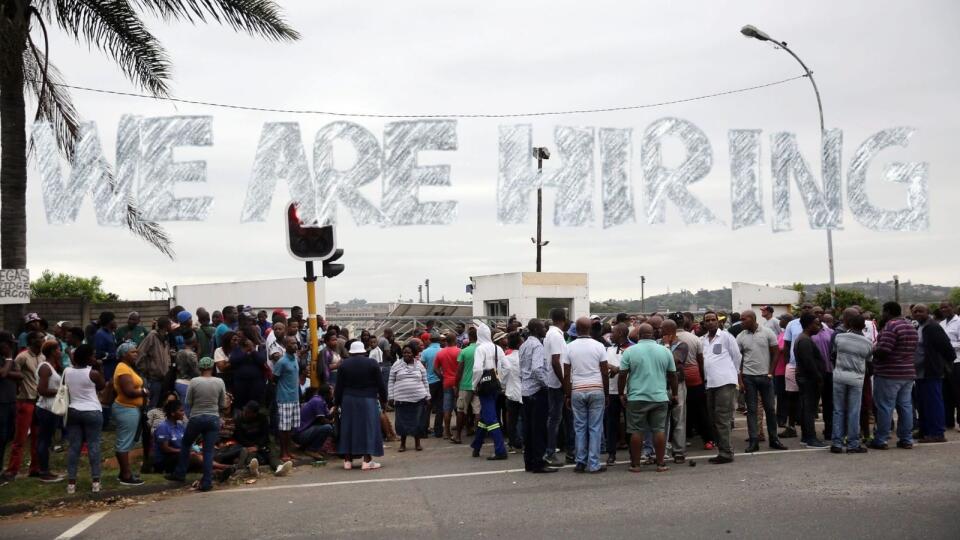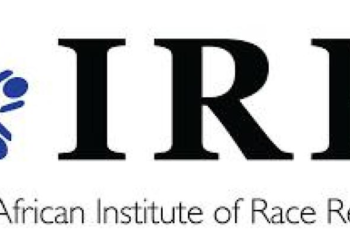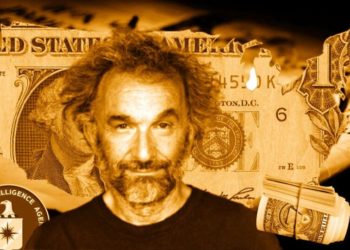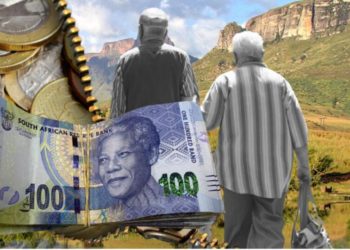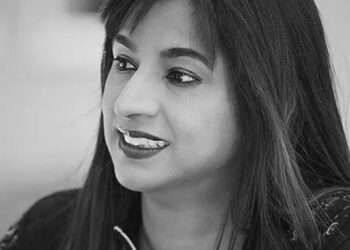Focus in debates about jobs and skills should be on people between 16 and 55 years old irrespective of gender or qualifications, for one simple reason: this is the age bracket that carries nations, writes Siyabonga Hadebe.
Siyabonga Hadebe
I PARTICIPATE in the “Skills and Lifelong Learning” in the International Labour Organisation context.
What is intriguing about the ongoing debates on jobs and skills is that everyone talks about youth, women and those with qualifications. However, the reality is that much of the world is made up of people who are neither young nor qualified, and also not all men are privileged. In addition, poverty knows no boundaries.
For example, when one is in the early stages of his or her life (youth), employers demand two-to-three years of work experience, which the young person doesn’t have. When this person grows old, there is talk about employing the youth. It appears no one really gets employed at the end of the day.
Focus in debates about jobs and skills should be on people between 16 and 55 years old irrespective of gender or qualifications, for one simple reason: this is the age bracket that carries nations. These people bear and raise children, have the energy to work, are available to work and lead, and are the majority.
The bell-shaped curve indicates that all human activity is concentrated in this group of people. The economically active population (EAP). As such, job creation interventions should prioritise this group in its entirety, of course bearing in mind factors such as gender, race, access to opportunities and so on.
Middle-aged individuals from 33 to 55 years old are the most sensitive of any country. These are people who are not just responsible for work but they have to raise other humans. It thus makes sense to concentrate resources in this group with an understanding that they have to school, educate, feed and clothe the young ones. And in some societies, they need to also look after the elderly and extended family.
The middle-aged group, with or without qualifications, is the heartbeat of any country, and its neglect means that poverty and misery escalate. This group carries more burdens than anyone can imagine. Besides employment policies, macroeconomic policy tools like tax and social protection should also enable the middle-aged group to function.
The state relies on this age cohort to function but with the dominant free-market curbing state intervention, more and more responsibilities to raise children and maintain society are left with an individual. That individual is unavoidably the middle-aged person.
A family is often regarded as the lowest form of political organisation in a state just above the individual. Middle-aged people head and or run families, also called households. These heads of households are both men and women, but the recent trends show that women tend to be the ones who take care of young children.
Any policy intervention that does not appreciate the socioeconomic dynamics is about to fail. When focusing on the youth it should be upfront that the country is preparing them for adult life, not as a way of denying adult populations opportunities to grow and live.
Public policy should not create rivalry between groups but it should reinforce complementaries.
Siyayibanga le economy!
Based in Geneva, Siyabonga Hadebe is an independent commentator on socio-economics, politics and global matters.


